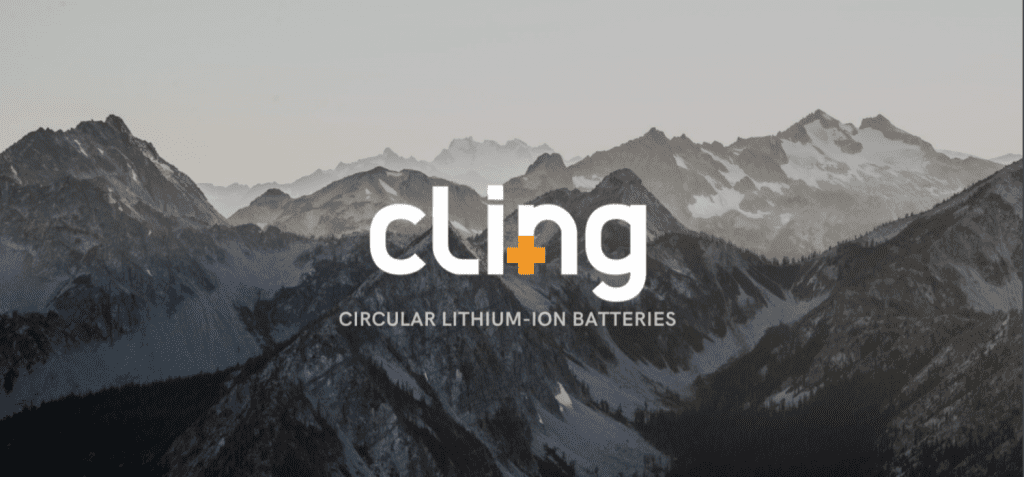Reflecting our global Springwise readership, we explore the innovation landscape and freshest thinking from a new country each week. This week we are heading to Sweden…
Sweden Innovation Profile
Global Innovation Index ranking: 3rd
Climate targets: Zero net emissions of greenhouse gases by 2045
Sustainability issues
Baltic sea pollution – The Baltic Sea is one of the most polluted bodies of water on earth. And a recent study has found that wastewater discharged from ships’ scrubbers (systems for treating exhaust gases) accounts for a significant proportion of carcinogenic chemical emissions. In response, the country is considering a ban of open loop scrubbers in its waters.
Impact of mining – In February 2022, the UN warned Swedish authorities not to issue a licence for an iron-ore mine in the country’s Gállok region. The organisation argued that the development would lead to large quantities of toxic waste that would impact eco-systems linked to the reindeer migration. The licence, which was ultimately granted, has also been criticised by the World Wildlife Fund.
Forestry practices – Sweden is the world’s third largest exporter of pulp, paper, and sawn wood products. The country is known for its sustainable forestry practices and its forests have actually doubled in size over the past 100 years. Nonetheless, many argue that Sweden’s model of replacing old-growth forests with monocultures is bad for biodiversity.
Sector specialisms
– Fintech
– Gaming
– Music Tech
Source: Startup Universal

A SMART TRADING PLATFORM FOR WASTE EV BATTERIES
According to the IEA, the number of electric cars on the world’s roads by the end of 2021 was about 16.5 million, triple the amount in 2018. While this may seem like great news for the environment, it is not all positive. That is because the current recycling rate for electric vehicle (EV) batteries is extremely low, with some estimates putting it at just five per cent. For electric mobility to represent a truly sustainable solution, this needs to change, and Stockholm-based Cling Systems is one of the organisations working on a solution. The company has developed a platform that connects vehicle manufacturers and buyers of end-of-life batteries to vehicle scrap yards and dismantlers. Read more

BIO-BASED MEMBRANES FOR ENERGY STORAGE
While the transition to renewable energy is picking up pace all the time, there are still several technological challenges facing those looking to build a fully sustainable future. One of these is the need for a more efficient way to store energy. Many renewable sources, such as wind and solar power, are intermittent, and it is vital to find ways to store this energy when it is not needed. Redox flow batteries are among the most efficient energy storage technologies. Now, Swedish startup Cellfion is working to make redox flow batteries even more efficient with a unique, bio-based membrane. Read more

CARBON INVESTMENTS BACKED BY AI AND SATELLITE DATA
A fintech platform Earthbanc helps farmers attract investment in carbon credits for regeneration projects. But one issue with regenerative land programmes is transparency – it is very difficult to verify that a scheme is actually sequestering a specified amount of carbon. Without having this information, it is impossible to effectively use carbon credits to contribute to land regeneration schemes. Earthbanc’s platform solves this problem by using artificial intelligence (AI), trained on satellite remote sensing data collected in collaboration with the European Space Agency, to automatically audit the carbon reduction impact of land regeneration projects and to verify carbon credits. Read more
Words: Matthew Hempstead
To keep up with the latest innovations, sign up to our free newsletters or email info@springwise.com to get in touch.

